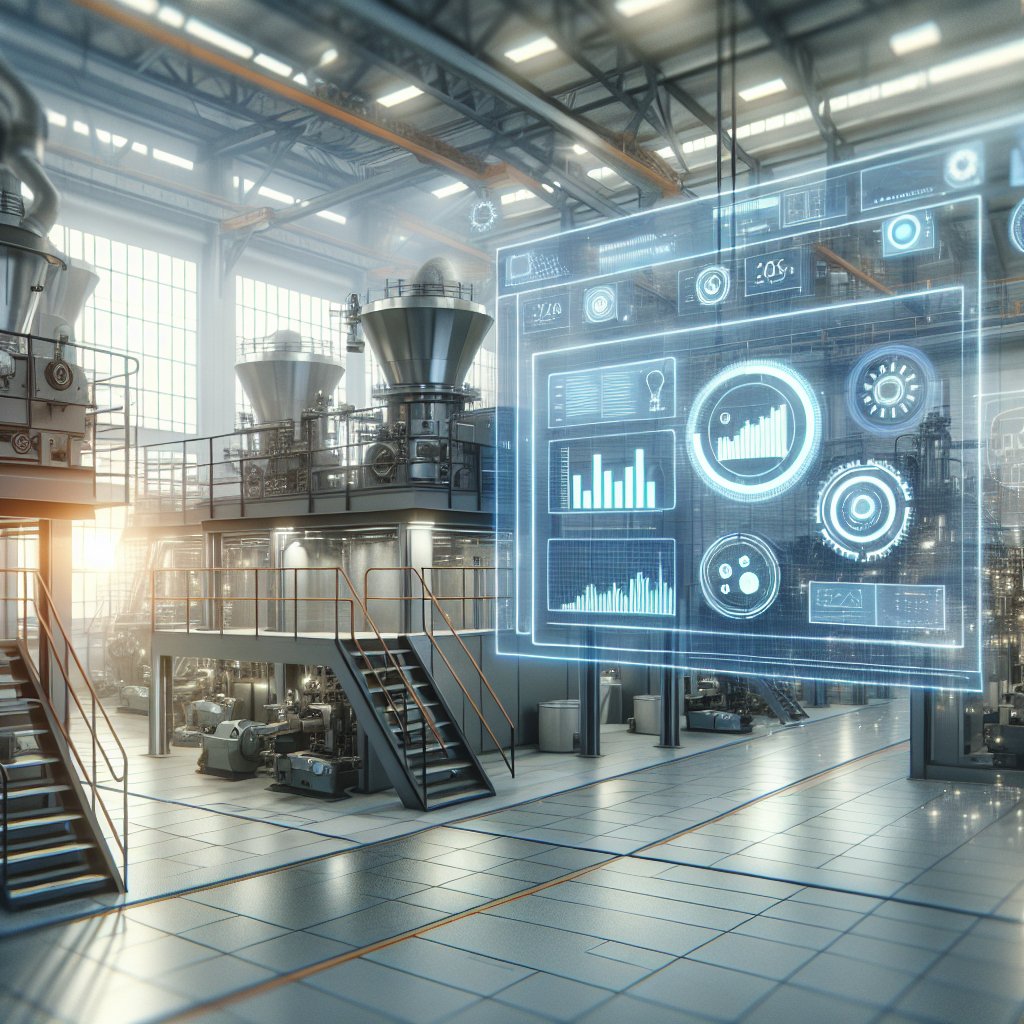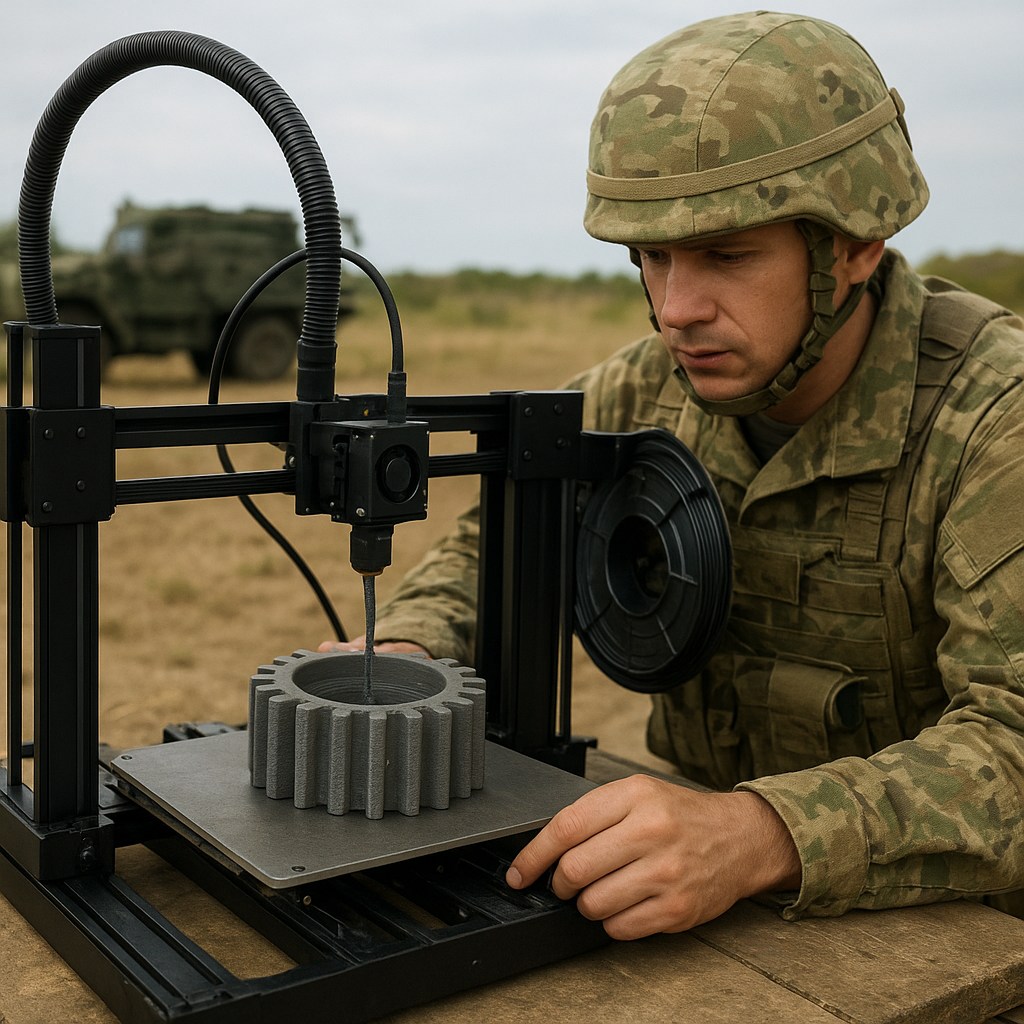
In the realm of industrial operations, the integration of big data analytics has emerged as a transformative force, particularly in enhancing the reliability of machinery. As industries strive to optimize performance and minimize downtime, the role of big data in predictive maintenance and operational efficiency cannot be overstated. This article delves into the multifaceted impact of big data on industrial machine reliability, exploring its applications, benefits, and future potential.
Understanding Big Data in Industrial Contexts
Big data refers to the vast volumes of structured and unstructured data generated by various sources, including sensors, machines, and industrial processes. In the industrial sector, this data is harnessed to gain insights into machine performance, predict failures, and optimize maintenance schedules. The sheer volume, velocity, and variety of data present both challenges and opportunities for industries seeking to enhance machine reliability.
Data Collection and Integration
The first step in leveraging big data for machine reliability is the collection and integration of data from diverse sources. Industrial machines are equipped with sensors that continuously monitor parameters such as temperature, pressure, vibration, and operational speed. This data is transmitted in real-time to centralized systems where it is aggregated and analyzed. The integration of data from multiple machines and processes provides a comprehensive view of the operational landscape, enabling more accurate predictions and informed decision-making.
Data Analysis and Predictive Maintenance
Once data is collected, advanced analytics techniques are employed to extract meaningful insights. Predictive maintenance is one of the most significant applications of big data in improving machine reliability. By analyzing historical data and identifying patterns, predictive models can forecast potential failures before they occur. This proactive approach allows maintenance teams to address issues during scheduled downtimes, reducing the risk of unexpected breakdowns and extending the lifespan of machinery.
Benefits of Big Data in Machine Reliability
The implementation of big data analytics in industrial settings offers numerous benefits that contribute to enhanced machine reliability and overall operational efficiency.
Reduced Downtime and Maintenance Costs
One of the primary advantages of big data is its ability to minimize machine downtime. By predicting failures and scheduling maintenance activities strategically, industries can avoid costly unplanned outages. This not only reduces maintenance costs but also ensures that machines operate at optimal efficiency, maximizing productivity and profitability.
Improved Decision-Making and Resource Allocation
Big data provides decision-makers with actionable insights that facilitate informed choices regarding resource allocation and process optimization. By understanding the performance and condition of machinery, industries can allocate resources more effectively, prioritize maintenance tasks, and invest in upgrades or replacements when necessary. This data-driven approach enhances operational efficiency and supports long-term strategic planning.
Enhanced Safety and Compliance
In addition to improving machine reliability, big data analytics also contribute to enhanced safety and regulatory compliance. By monitoring critical parameters and identifying anomalies, industries can detect potential safety hazards and take corrective actions promptly. This proactive approach not only protects workers and assets but also ensures compliance with industry standards and regulations.
Challenges and Future Prospects
While the benefits of big data in improving machine reliability are substantial, there are challenges that industries must address to fully realize its potential.
Data Security and Privacy
The collection and analysis of vast amounts of data raise concerns about security and privacy. Industries must implement robust cybersecurity measures to protect sensitive information from unauthorized access and breaches. Additionally, compliance with data protection regulations is essential to maintain trust and avoid legal repercussions.
Integration and Interoperability
Integrating data from diverse sources and ensuring interoperability between different systems can be complex. Industries must invest in technologies and platforms that facilitate seamless data integration and communication. Standardization of data formats and protocols is crucial to enable efficient data exchange and collaboration across the industrial ecosystem.
Future Trends and Innovations
Looking ahead, the role of big data in improving machine reliability is expected to evolve with advancements in technology. The integration of artificial intelligence and machine learning algorithms will enhance predictive capabilities, enabling even more accurate failure predictions and maintenance strategies. Additionally, the adoption of the Internet of Things (IoT) will further expand the scope of data collection and analysis, providing deeper insights into machine performance and operational efficiency.
In conclusion, big data is revolutionizing the way industries approach machine reliability, offering unprecedented opportunities for predictive maintenance, operational efficiency, and strategic decision-making. As industries continue to embrace digital transformation, the role of big data in enhancing machine reliability will undoubtedly become even more critical, driving innovation and competitiveness in the industrial sector.

